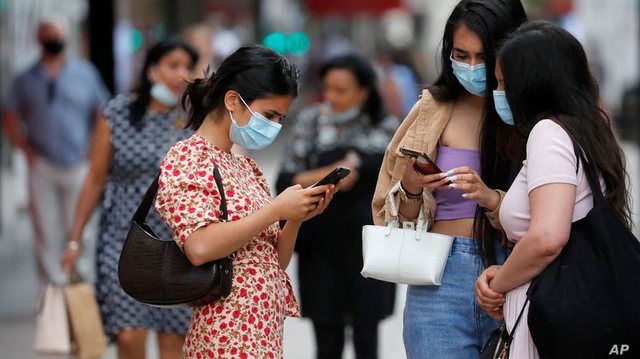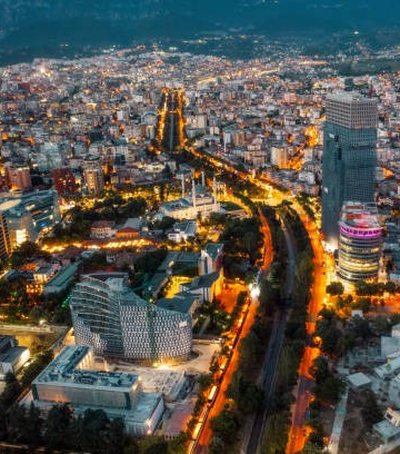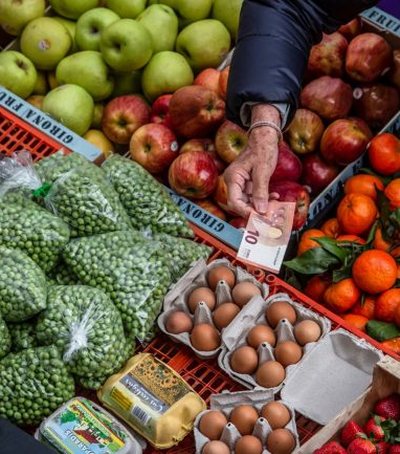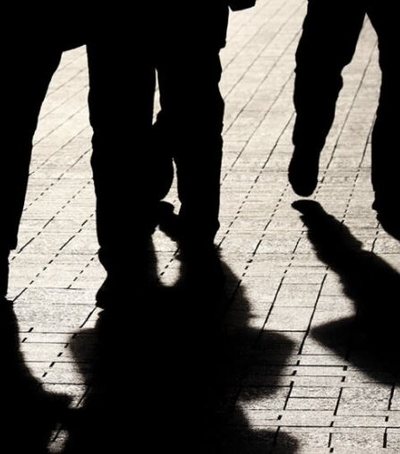
For the WHO, this is a natural reaction to a long-standing situation that has no end in sight. And the biggest risk is that due to "fatigue" we pay less attention to safety rules.
"Levels of 'pandemic fatigue' are rising across Europe," said Hans Kluge, the regional director of the World Health Organization.
"The 'great sacrifices' - to avoid the spread of the coronavirus - have brought 'extraordinary costs', which have exhausted us all, no matter where we live or what we do."
"In such circumstances, it is simple and natural to feel apathetic, unmotivated and tired," Kluge said in a statement.

The second "lockdown", or maybe not. Isolation, alarm, new restrictions, increasing number of infected. Obligation to keep masks even outdoors. COVID-19 is exhausting us, it is useless to deny it. According to the Economist and YouGov polls, this constant uncertainty that has accompanied us for eight months has caused the population, in some cases up to 60% of respondents, what the WHO calls "pandemic fatigue" - a fatigue as a natural reaction to a long-standing situation with no light at the end of the tunnel
"Pandemic fatigue", what is fatigue from Covid-19
"Fatigue due to the pandemic - writes WHO - is a predictable and natural response to a prolonged public health crisis, above all because the serious situation and the extent of the COVID-19 pandemic called for the implementation of comprehensive measures, with an unprecedented impact on the daily lives of all of us, including those who are not directly affected by the virus "- writes WHO.
Pay attention to the rules
Among the dangers that cause the greatest concern about this phenomenon is that the so-called "pandemic fatigue" risks making us less attentive to anti-COVID rules, to the point that more and more people may mistakenly believe that the restrictions are very expensive to pay compared to the risk posed by the disease.
WHO document
To this end, the WHO published a document, commissioned by the member states of the European Union, with new guidelines to once again draw the attention of the population to compliance with the rules. "Surveys - writes WHO - confirm that the majority of the population supports national responses to COVID-19, which is exceptional after almost a year of lockdowns and restrictions, but fatigue makes previous awareness campaigns less effective."
Advice to governments: Be clear
Within the WHO document, among many provisions, is the advice to governments to try to be clearer, to try to understand citizens better, to avoid anger and frustration, and to take simple measures, which allow you to live life anyway, without making daily chores too complex./monitor/





